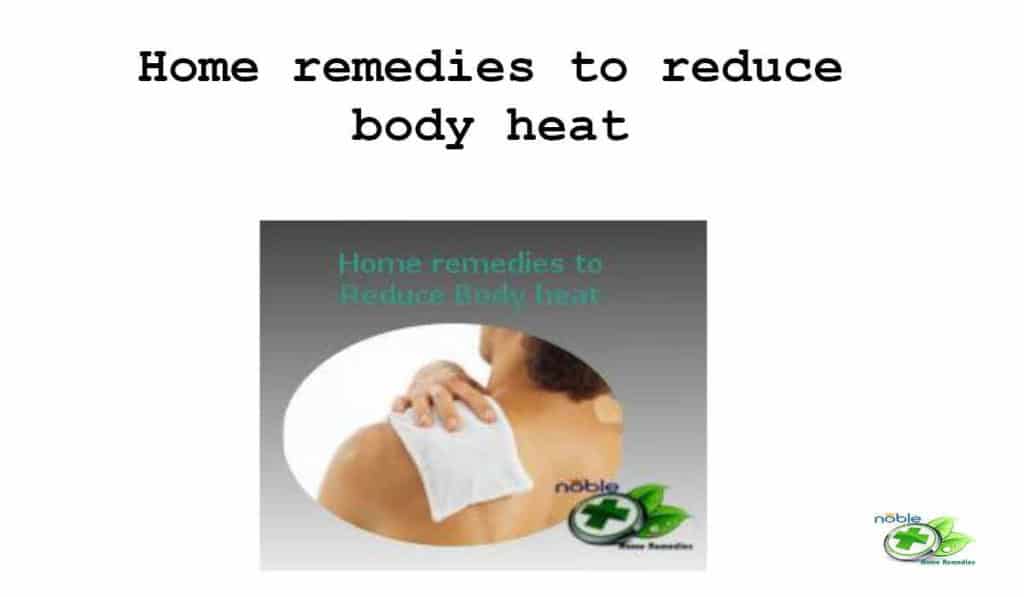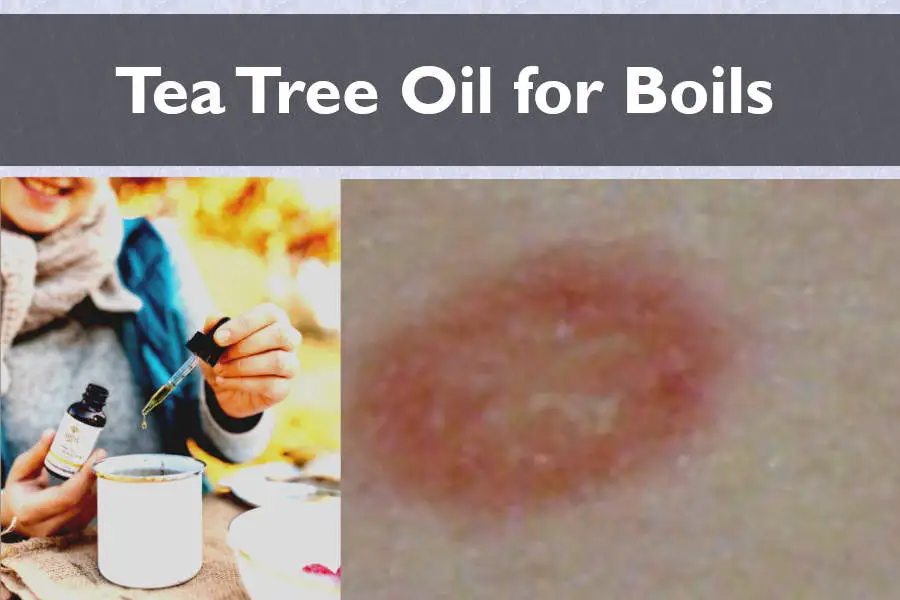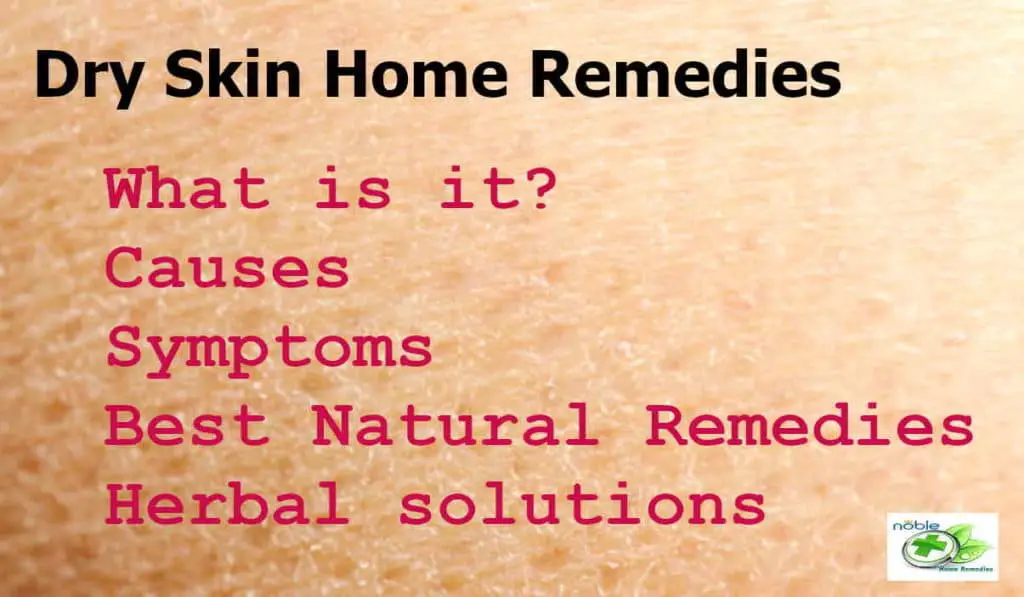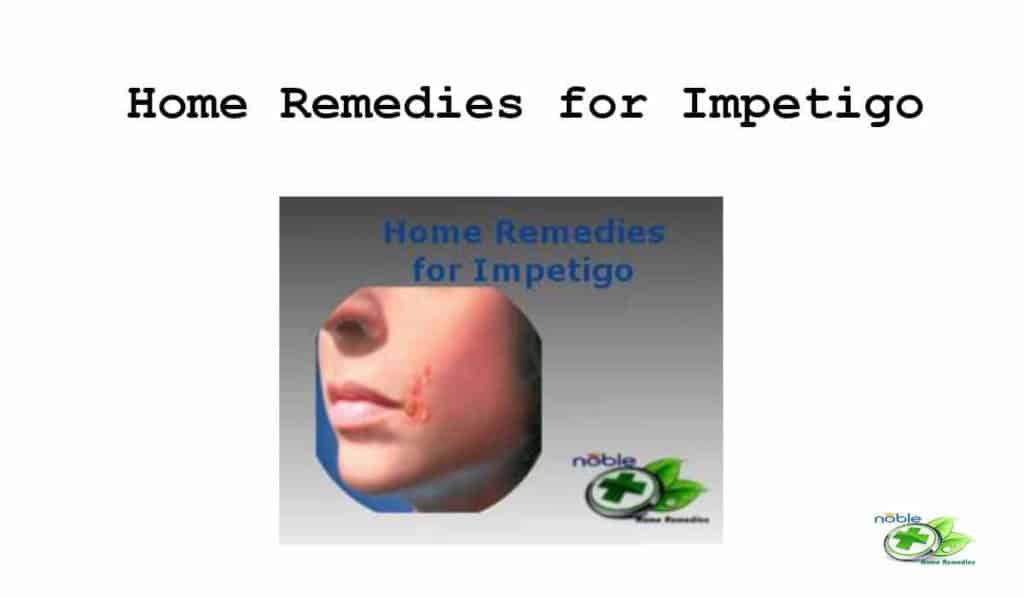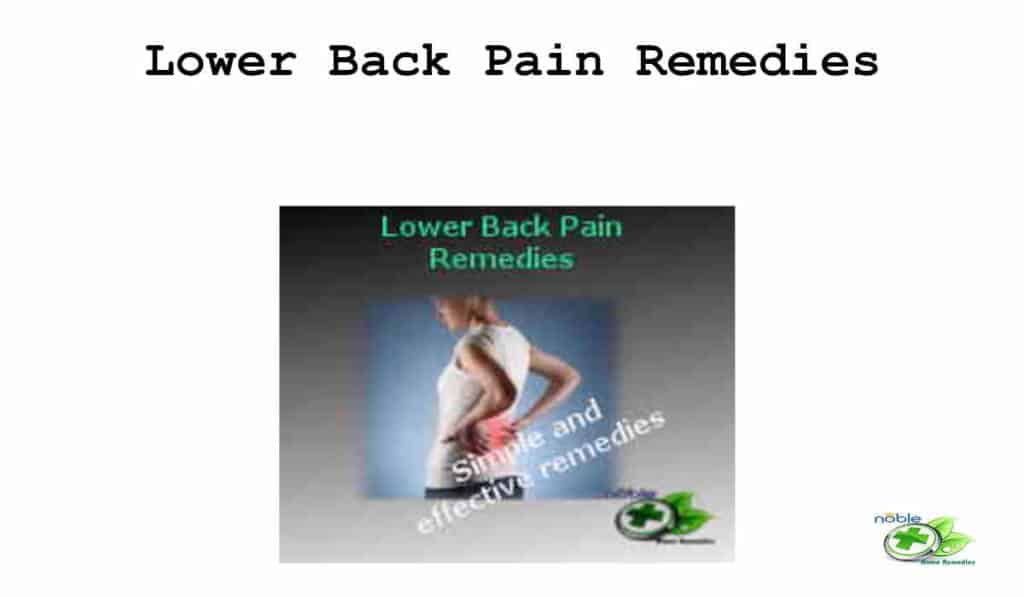Epsom Salt for Boils – 4 The Best Remedies
Boils can be painful and may make you feel uncomfortable. In this article, we are looking at the use of Epsom salt for boils. Epsom salt is an effective home remedy for boils.
Boils are caused by bacterial infections that affect hair follicles or sweat glands. Most often, boils appear on the face, armpits, inner thighs, and buttocks. A buildup of dead skin and other debris blocks the pores or follicles of the skin.
During the fight against bacterial infection, many white blood cells die, causing swelling, redness, and mild to severe pain. The result is an acute boil on the skin. The body releases toxins when it produces boils on its skin, which manifest as hard, red, and painful lumps. Those whose immune systems are suppressed are more likely to develop boils.

How Epsom Salt for Boils Speeds Up Healing?

Epsom salt isn’t salt, even though it looks like it. It is a naturally occurring, pure mineral compound of magnesium sulfate. Many of its medicinal properties are beneficial to the skin and nerves. This includes decreasing inflammation, improving muscle function, and improving the nerves.
Epsom salt is a widely used ingredient for a relaxing bath. Boils can be treated externally with Epsom salts. This speeds up healing and eliminates pus.
Epsom salt has several characteristics that are beneficial for boils, including:
- It has antibacterial and antiseptic properties.
- It acts as a drying agent, which draws out toxins and relieves pain by drawing them out of the boil.
- Essentially, it absorbs moisture from a boil-infected area and helps the boils to dry out quickly.
- Prevents the recurrence and occurrence of skin abscesses by enhancing the immune system.
- Astringent in nature, it draws out pus and other impurities from boils.
- By generating heat in the boil, Epsom salt stimulates blood circulation and draws pus to the surface.
- Increased perspiration facilitates the release of toxins and other metabolic wastes from the body.
- The antibacterial properties of Epsom salt protect the skin from secondary infections.
In general, Epsom salt provides a wide range of health benefits from either taking a bath or soaking your feet. It relieves chronic pain and fights off colds and flu to treat sore, callused feet, bunions, cystic acne, UTIs, and a wide array of skin conditions. Epsom salt is also great for armpit boils as a remedy.
Uses of Epsom Salt for Boils
1. Epsom Salt Compress for Boils

Dissolve two teaspoons of Epsom salt in 2 cups of warm water. Thoroughly stir the mixture until the Epsom salt has completely dissolved. Soak the compress and squeeze out the excess water. Apply the compress over the boils for about 20 minutes. Do it three times a day. Apply the compress every day until it disappears.
2. Epsom Salt Bath for Boils
A bath containing Epsom salts is effective for treating boils in the buttocks, thighs, and neck. Additionally, Epsom salt is used by people to relax and clear chest congestion to treat the common cold.
In a bathtub filled with hot water, place 2 cups of Epsom salt. Stir until the Epsom salt is completely dissolved. Soak yourself in this bathtub for about 20 minutes. Wrap a cool, wet towel around the neck, then have a cold shower. Avoid using soaps. Repeat 3 times a week. ss
3. Epsom Salt and Vaseline for Boils

Vaseline assists in dissolving and sticking Epsom salt directly over the boils. In addition, Vaseline has wound-healing properties that improve the healing process.
One large tablespoon of Vaseline should be mixed with Epsom salt until it looks like a smooth ointment. Cover the boils with this ointment and secure them with a bandage or plaster. Rinse it off with lukewarm water after letting it sit overnight. Then repeat the process regularly until the boil is gone.
4. Epsom Salt Poultice for Boils

To make a poultice, mix Epsom salt with baking soda. Baking soda, like Epsom salt, helps to draw the pus out and dries out the boil. In addition, it is antibacterial. So the combination of Epsom salt and baking soda provides a double effect.
In a bowl, mix the Epsom salt with the baking soda. Put this poultice in between layers of gauze as a poultice. Place it over the boil.
Secure it with a bandage and leave it overnight. To prevent the spread of infection, throw away the gauze and bandage.
Repeat this process every day until the boil is gone.
Tips for Prevention:
Several steps can be taken to decrease the possibility of getting boils. There is, however, no way to eliminate the possibility.
The following tips can help prevent boils:
- A mild soap or antibacterial rinse should be used regularly on the skin.
- You can exfoliate the skin once a week by using a textured cloth, brush, glove, or loofah. This includes the armpits, groin, face, and shoulders.
- To improve immune function, drink plenty of fluids and consume a healthy diet.
- Regular exercise.
- Use sterile dressings to cover damaged or broken skin, such as bandages or gauze.
- When you touch a boil or someone with a boil, wash your hands thoroughly with antibacterial soap or wash.
Avoid popping or squeezing boils since this can cause severe pain and spread the infection. Large or complicated boils should be treated by a physician. After a week of basic home care and no improvement with a boil, it is important to speak to a doctor to rule out infection.
Other Natural Remedies for Boils
Witch Hazel for Boils: Witch hazel, an affordable natural astringent rich in anti-inflammatory tannins, can help draw out infection, reduce swelling, and speed healing when applied topically to painful boils thanks to its bacteria-cleansing, skin-tightening, and irritation-soothing properties.
Onion Poultice for Boils: Creating an onion poultice by grating raw onion and applying it directly to a boil can help draw out infection, reduce pain and swelling, and expedite healing due to the vegetable’s potent antibacterial, anti-inflammatory sulfur compounds.
Neem Oil for Boils: The antimicrobial, anti-inflammatory, and wound-healing properties of neem oil make it an effective natural remedy for boils when applied topically, as it can help eliminate bacteria, reduce pain and swelling, and speed up recovery.
Toothpaste on Boils: Applying a small amount of antibacterial toothpaste to a boil and allowing it to dry can help draw out infection and pus thanks to ingredients like triclosan, hydrogen peroxide, and sodium bicarbonate, which work to dry out skin, kill bacteria, and reduce inflammation.
Castor Oil for Boils: Castor oil’s anti-inflammatory and antimicrobial properties make it an effective home remedy for painful boils when applied topically, as it can help draw out pus and shrink the size of boils by promoting drainage and speeding up healing.
Garlic for Boils: Garlic’s potent antimicrobial and anti-inflammatory organic compounds can help treat painful boils when eaten raw or applied topically, as the allicin in garlic inhibits bacterial growth while sulfur compounds reduce swelling and pain.
Turmeric for Boils: The curcumin in turmeric has powerful antibacterial and anti-inflammatory properties that make it effective at treating boils when applied topically, as it works to eliminate infection, reduce swelling and pain, speed healing, and prevent new boils from forming.
Tea Tree Oil for Boils: Tea tree oil contains antibacterial, antiseptic, and anti-inflammatory compounds like terpinen-4-ol that can help treat painful boils when applied topically, as it works to kill infection-causing bacteria, dry out the skin, and reduce swelling around the boil.
Apple Cider Vinegar for Boils: The antibacterial and antiseptic properties of apple cider vinegar make it an effective natural home remedy for painful boils when applied topically, as it can help kill infection, dry out the skin, draw pus to the surface, and speed up the healing process.
Baking Soda: Baking soda’s anti-bacterial and anti-inflammatory properties are effective in healing boils.
Other Healthy Uses of Epsom Salt
- Reduce Stress and Improve Mood: Soaking in an Epsom salt bath promotes relaxation and eases stress by boosting magnesium levels. Magnesium plays a key role in mood regulation and anxiety reduction. Many report feeling less stressed and more tranquil after bathing in the mineral-rich salts.
- Relief from Muscle Soreness and Cramps: The high levels of magnesium in Epsom salt offer therapeutic effects for muscle pain and cramping. It works by relaxing muscles, reducing inflammation, and improving mineral absorption. Soaking sore muscles in an Epsom salt bath can bring significant relief.
- Reduce Inflammation: Magnesium sulfate, the compound that gives Epsom salt its name, has been shown to reduce inflammatory markers. This makes it beneficial for inflammatory conditions. For localized inflammation, soaking the affected area in an Epsom salt bath can aid healing.
- Promote Restful Sleep: The calming and stress-reducing qualities of Epsom salt make it easier to fall asleep and stay asleep. Many find soaking before bed conducive to a satisfying night’s rest. This, in turn, enables better health and healing.
- Overcome Magnesium Deficiencies: With its high magnesium content, Epsom salt is an excellent way to increase magnesium levels. Since magnesium deficiency is common, adding Epsom salt soaks provides needed magnesium absorption to prevent symptoms like muscle cramps, fatigue, and anxiety.
- Healing Sunburns: Sunburns benefit greatly from Epsom salt baths. The magnesium sulfate compound helps take away inflammation, discomfort, and skin irritation caused by too much sun exposure. It supports healing by lowering swelling.
- Soothes Foot Pain: The anti-inflammatory traits of Epsom salts offer relief when soaked in a foot bath. For various foot conditions like plantar fasciitis and arthritis that involve inflamed nerves and joints, Epsom salt eases Foot achiness for several hours afterward.
- Exfoliant for Skin: As an add-on to your regular skincare routine, Epsom salt provides exfoliation to reveal fresh new skin. The salt’s coarse texture sloughs off dull skin cells and unclogs pores as it circulates in bath water.
- Relief from Hemorrhoids: The soothing, anti-inflammatory relief Epsom salt provides is useful for inflamed hemorrhoids. It can decrease swelling, discomfort, and bleeding when added to a sitz bath. Many report significant relief from soaking in this mineral-rich solution.
- Relief from UTI: The minerals may prevent bacterial growth when used both internally and in bath water. When feeling UTI symptoms coming on, adding Epsom salt to your bath and drinking some magnesium sulfate water could potentially ward off UTI infection.
Editor’s Pick of Online Epsom Salt
1. Dr Teal’s Epsom Salt Magnesium Soak, Fragrance-Free, 4 lbs – PURE EPSOM SALT: Made with pharmacy-grade magnesium sulfate.
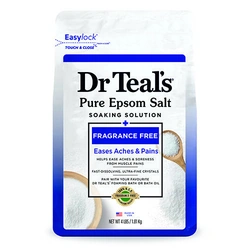
2. Sky Organics – Epsom Salt Bath Soak, 5 lbs – Magnesium Sulfate USP – 100% Pure, Medium Grain – Unscented – Soaking Bath Salts – Resealable Bag – Natural, Vegan & Cruelty Free – Self Care – Bath & Feet
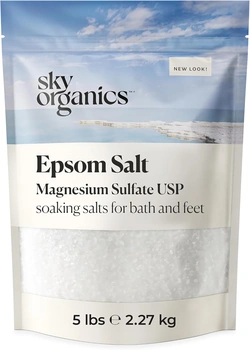
3. Ancient Minerals Magnesium Bath Flakes – Bathing Alternative to Epsom Salt – Soak in Natural Salts – High-Absorption Efficiency
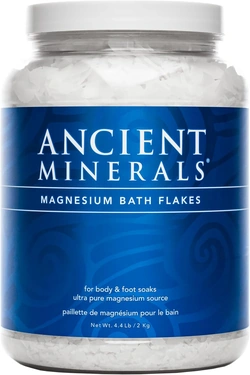
Takeaway
Small boils respond well to Epsom salt remedies. Make sure you use them as necessary to achieve the best results. Make an appointment with your doctor if you observe any of the following even after using Epsom salt remedies.
- The boils have not gone away for more than 6 days
- Boils are getting bigger and bigger every day
- Growing more painful
- Infection-related symptoms
There are other types of home remedies for boils. Yet, the Epsom salt for boils was found to be far more effective.
Let us look at some frequently asked questions:
How do you get rid of a boil overnight?
Boils do not disappear overnight. They usually disappear within 6 days of treatment. Your boil’s severity will determine how long it takes them to disappear. You should consult a doctor if they don’t disappear within 6 days.
How do you bring a boil to a head quickly?
In this article, we have covered the most effective method using Epsom salt. There are other methods also to use a warm compress and so on.
What to put in the bath for boils?
Epsom salt is the best remedy for boils. Dissolve Epsom salt in the bathtub with warm water. Soak yourself for about 20 minutes. Then take a quick cold shower. Avoid using soaps.
Does ACV help heal boils?
Yes, apple cider vinegar is also effective in healing boils. Learn more about how to use apple cider vinegar for boils.
Source:
Noble Home Remedies adheres to rigorous sourcing standards, drawing information from peer-reviewed studies, reputable academic research institutions, and esteemed medical journals and associations. We prioritize using high-quality, trustworthy sources to maintain the accuracy and integrity of our content. You can learn more about how we ensure our content is accurate and current by reading our editorial policy.
- Boils – by Health Direct
- Boils and carbuncles: Overview – Published in NCBI
- Carbuncle and its treatment by magnesium sulfate – Published in PMC
- Boils and carbuncles – Mayo Clinic
- Epsom Salt: Everything you need to know – Epsom Salt Council
Trust in your purchase:
Every product featured on our site has been carefully researched and selected based on quality, customer ratings, and positive reviews to ensure you receive excellent value for your money.
Please note:
This post contains affiliate links. If you make a purchase through these links, we may earn a small commission at no additional cost to you. This helps support our site and allows us to continue bringing you valuable content. Thank you!
Thank you for your precious time spent with NobleHomeRemedies.
You may also like:
Honey for sore throat with Lemon
Honey and Lemon Warm Water Benefits for Sore Throat Feeling that familiar tickle or scratch…
Home remedies to reduce body heat
Home remedies to reduce body heat: Noble Home Remedies How to reduce body heat is…
Tea Tree Oil for Boils
Tea Tree Oil for Boils: Get Rid of Painful Bumps in 5 Steps Are painful…
Dry Skin Home Remedies
10 Dry Skin Home Remedies: Symptoms, Prevention, Moisturizers Dry skin conditions have given a big…
Home Remedies for Impetigo
5 Best Home Remedies for Impetigo : Help Your Way Through Impetigo is a highly…
Lower Back Pain Remedies
Lower Back Pain Remedies Lower back pain actually can ruin your day and reduce your…


